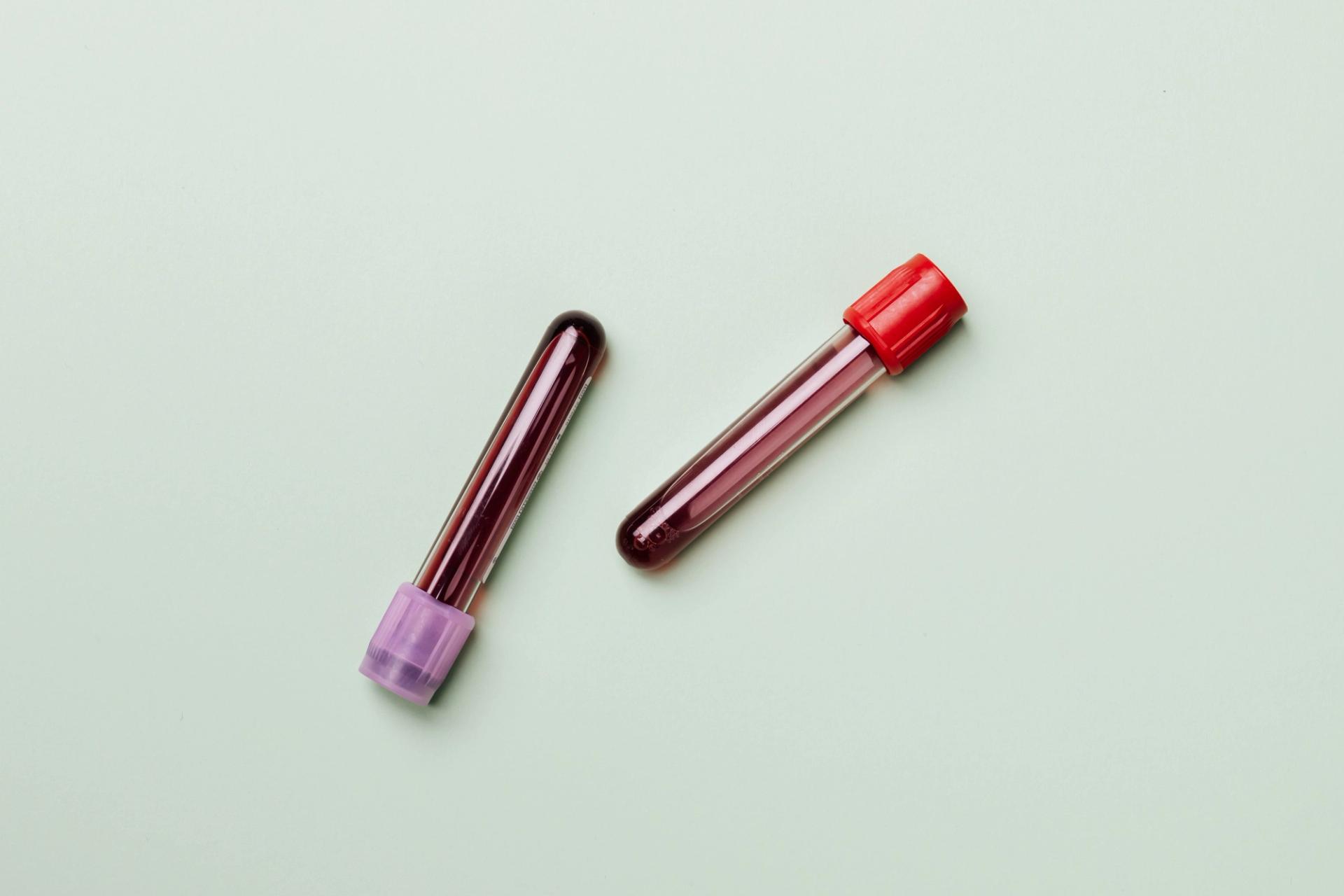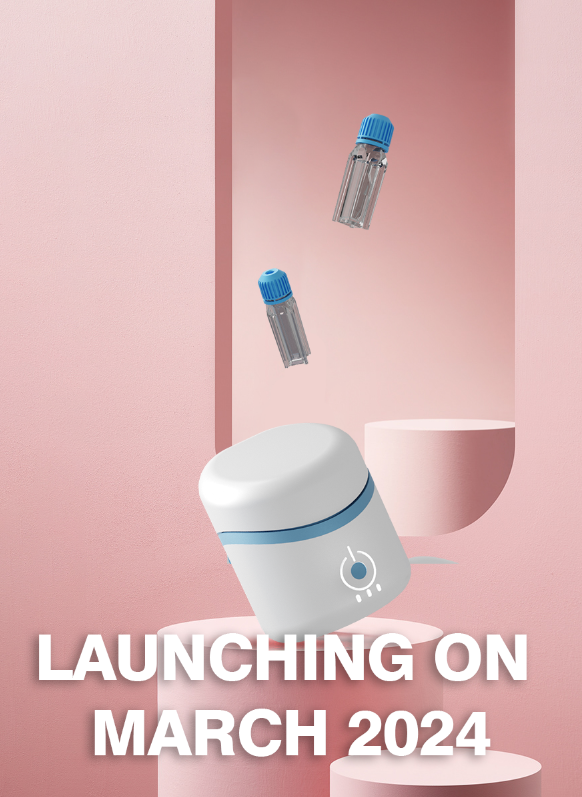
Kidney Disease and Serum Albumin: Maintain normal range of Serum Albumin
If you're living with Chronic Kidney Disease (CKD), knowledge is your most potent weapon. Our latest blog post, "Kidney Disease and Serum Albumin: Signs, Symptoms, and Solutions," equips CKD patients with essential insights. Discover how serum albumin, including the serum albumin normal range, plays a pivotal role in your renal health. We'll break down the signs and symptoms to watch out for and explore practical solutions to navigate your CKD journey more confidently. Empower yourself with the information you need to take control of your health.
Fatigue: When Tiredness Isn't Just Tiredness
Feeling exhausted all the time, no matter how much rest you get, can be a red flag. Your kidneys play a crucial role in filtering your blood, removing waste, and maintaining the balance of essential nutrients. When they're not functioning properly, toxins can build up in your body, leading to that unshakeable fatigue.
Kidney disease can affect your red blood cells, resulting in anemia, which is when you don't have enough healthy red blood cells to carry oxygen to your body's tissues. Without sufficient oxygen, you'll find yourself dragging through the day. If you've noticed your energy levels plummeting, it's a good reason to investigate further.
The Telltale Sign: Low Serum Albumin in CKD
Now, here's where the plot thickens. Your kidneys are like the body's filtration system, tirelessly working to keep everything in balance. When they're in tip-top shape, they play a significant role in maintaining the normal range of serum albumin. But when Chronic Kidney Disease comes into play, it's like a twist in the storyline.
When your kidneys start to struggle, they may not be able to retain serum albumin as effectively as before. It's like trying to catch raindrops in a leaky bucket. This can result in lower serum albumin levels in your blood. So, when your healthcare provider is investigating CKD, they'll keep a close eye on serum albumin levels to get a clearer picture of your kidney health.
Dietary Delights: Boosting Serum Albumin with Food
One of the most delicious ways to give your serum albumin levels a boost is through your diet. Think of it as a tasty team-building exercise. Foods rich in protein like eggs, fish, lean meats, and dairy products can help your body produce more serum albumin. You're essentially providing the raw materials your body needs to get the job done.
And don't forget about your greens! Leafy vegetables like spinach and kale are packed with nutrients that support your liver's ability to create serum albumin. So, go ahead and whip up some spinach salad or savor a tasty omelet – your serum albumin levels will thank you!
The Fluid Balance Dance: Hydration Matters
Maintaining the right balance of fluids in your body is another key factor in boosting serum albumin. Think of it as a delicate dance where your kidneys play the lead role. When you're properly hydrated, your kidneys can efficiently retain serum albumin in your blood, like choreography done to perfection.
But be mindful not to overdo it with the fluids. Too much hydration can dilute serum albumin levels, making it more challenging for your body to keep them in the normal range. So, aim for that sweet spot of staying well-hydrated without going overboard.
Medications and Therapies: A Helping Hand
Sometimes, your healthcare provider may recommend medications or therapies to assist in getting your serum albumin levels back on track. These can be like reinforcements sent in to support your body's natural processes.
For instance, if your liver is struggling to produce enough serum albumin, your healthcare provider might prescribe medications to give it a boost. These medications can help your liver create more serum albumin, helping you reach the normal range.
Therapies like albumin infusions are another option. It's like a quick injection of serum albumin directly into your bloodstream, providing an immediate boost. This can be particularly helpful if your levels are critically low or if you're dealing with a specific medical condition.
In a nutshell, boosting serum albumin levels is like giving your body's support squad a pep talk. You can start by upgrading your diet with protein-rich foods and nutrient-packed veggies. Maintaining the right fluid balance is also essential. If needed, your healthcare provider can offer medications and therapies to provide that extra helping hand. Remember, getting your serum albumin levels back to the normal range is a team effort, and your body will appreciate the support!
Manage Stress: Zen Out for Kidney Serenity
Stress is like a storm cloud that hovers over your kidneys. It can affect your overall health, including your serum albumin levels. So, it's essential to find ways to manage stress and bring some sunshine back.
Meditation, deep breathing exercises, or even a favorite hobby can be your antidotes to stress. Think of it as opening up a sunny sky for your kidneys to thrive.
In a nutshell, transforming your lifestyle for better kidney health is like giving your kidneys a fabulous makeover. Remember to stay hydrated but not flooded, fuel your body with good food, keep your kidneys active through exercise, kick the smoking habit, manage stress, and your kidneys will be singing with joy. With these changes, you'll be on the road to maintaining your serum albumin levels in the normal range and supporting your overall health. Your kidneys are cheering you on in this lifestyle journey!

